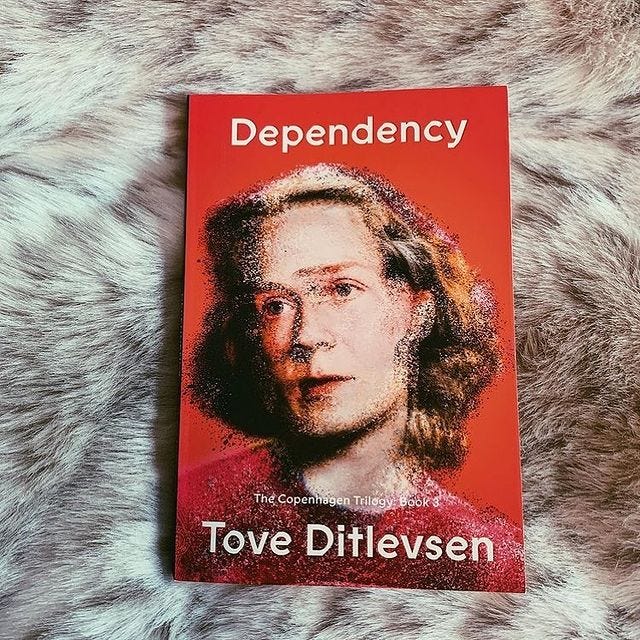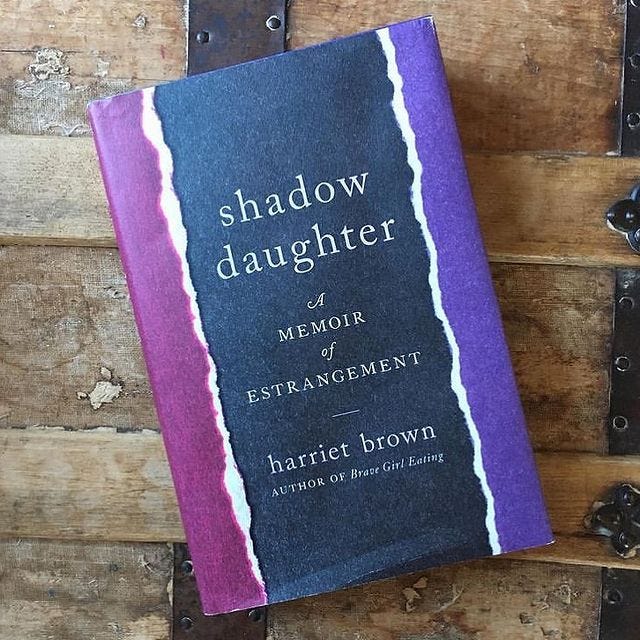Love notes from Siel is a weekly newsletter. If you love it, subscribe for free.
Dear friend —
When were you happiest, in the past week?
My happiest moment in Denver came on an unusually beautiful Sunday morning. I’d woken up cranky to a 6 a.m. alarm, but an hour later, my mood lifted. I’d arrived at Red Rocks Amphitheater — a gigantic open-air venue built right into the ochre sandstone — for Yoga on the Rocks.
Usually a concert venue for the likes of U2 and Coldplay, on weekend mornings the amphitheater turns into a yoga studio. Locals and tourists show up with their mats to take instruction from a teacher up front who leads you through an hour-long sequence. The sun was bright but not blinding. The breeze soothing. The view exquisite —
Afterwards, I took a leisurely hike on the nearby Trading Post Trail and saw more of the park, saying hello to other outdoorists, many accompanied by cute, curious dogs. I returned to my hotel energized, then further invigorated by a shower, felt a wave of happiness surge through me —
How could I prolong this feeling, maybe retain it forever? I wondered. Should I live here?
I pictured myself in a Denver routine: yoga and hiking with friends on the weekends, plus a dog of my own. I could live near Washington Park and take it for walks, go for cool bike rides in the evenings, maybe even learn to play volleyball on one of the many courts on the lawn —
The things that make me happy are simple, I thought — nature, sun, movement. So why do I so often overcomplicate things?
Yet: yoga, dog, park. Is that enough to make a life?
I think my nomad life has given rise to a new fear: The fear of stasis. What would I even do with myself, living in the same home, day in, day out? What would I look forward to?
For now, the plan is to keep wandering awhile — physically and literarily. Below are three books that took me to new places in the last month —
Girlhood by Melissa Febos (Bloomsbury, 2021)
While in Kansas City, I got into the elevator to my hotel room and hit four. A man came in after me, hit three. We didn’t speak until we reached his floor, at which point he said, “Have a good night.”
“You too!” I said, still looking at my phone, until I turned and startled: He was leaning in, his face inches from mine.
“Can I kiss you?” he murmured.
“No!” I yelled.
He didn’t seem at all affected. In fact, his manner was mild. “Sorry,” he said, with a small, sheepish laugh, then left the elevator.
Women’s lives are filled with strange moments like these, which are what Melissa writes about in her collection of personal essays. “There hadn’t been any particular menace in his manner as he propositioned me,” she writes about one stalker-peeping-Tom, a line that came to my mind after the elevator incident. What is it that makes men think it’s okay to behave this way — and why, as women but especially as girls, do we often feel we can’t say an outright no? Melissa goes everywhere from a cuddle party to Cassis for her answers. Read it if you love memoirs that transform uniquely personal moments into uncannily universal ones.
Buy Girlhood from Bookshop
Dependency by Tove Ditlevsen (originally published in Denmark, 1967-1971)
Listening to a podcast, I was told that the title of Tove’s third memoir, Dependency, refers to Tove’s dependency on drugs. This is true, but only partly so. I saw Tove’s first and most persistent dependency as that on men — a dependency dictated by the culture and society in which she grew up.
Born in Copenhagen to a poor working class family back in 1917, a very young Tove marries husband 1, an old guy with a literary journal, to escape poverty and support her writing. Then she leaves him husband 2, a guy she’s actually attracted to who turns out to be an alcoholic. She leaves him for husband 3, with a tendency toward psychosis but with access to Demerol and Methadone — which she gets immediately addicted to. Husband 4 is a guy she randomly hooks up with one night....
The third of Tove’s memoirs has a lot going on (I reviewed the first here) — four marriages, three kids, one major period of addiction plus a bunch of lil relapses, plus numerous books published despite all the drama. I’m now obsessed with Tove and wish there were a fourth memoir but alas she died of suicide in the 70s..... Read it if you love being haunted — by memories, by past addictions, by painful, beautiful prose —
Buy Dependency at Bookshop
Shadow Daughter: A Memoir of Estrangement by Harriet Brown (Da Capo, 2018)
If you’re estranged from a parent or two, this book is for you. I wouldn’t call this a memoir, exactly — though Harriet does detail the toxic relationship she had with her mother and the difficult choice she made to cut that parent out of her life. Most of the book is really more sociological, exploring the reasons why people choose estrangement and the feelings they have about it — what they lose and what they gain, what they have to let go of.
“Instead of continually analyzing my feelings and observations against some idea of what I should be feeling and thinking, I came to trust what my body and heart were telling me,” Harriet writes. There’s also an interesting analysis of the types of parents who get cut off by their offspring — their painful sense of rejection and bewilderment, as well as their intractable sense of entitlement and narcissism. Much love to Harriet for bringing light to this still-taboo topic. Read it if you love books that affirm your agency to make the tough life choices you sometimes have to make.
Buy Shadow Daughter from Bookshop
Once a month, I share book recommendations. Shape it by recommending a read!
Have a happy summer —
Love,
Siel
Three links you might love:
“I spent my life consenting to touch I didn’t want.” Here’s one essay from Melissa’s Girlhood collection, if you’d like to get a sense of what you’d be getting into if you picked up the book.
“Estrangement is not all that uncommon,” according to studies. “Assuming that every relationship between a parent and child will last a lifetime is as simplistic as assuming every couple will never split up.”
“Tove Ditlevsen’s art of estrangement.” Read what Hilton Als has to say about these “romantic, spiritually macabre, and ultimately devastating collection of memoirs”







